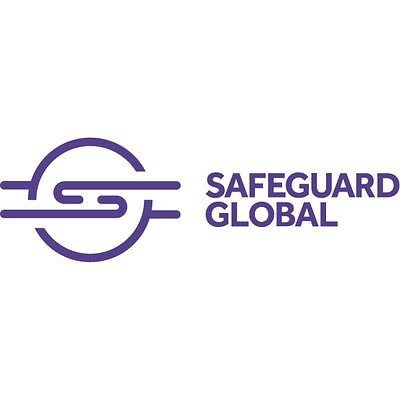
Global Pharma Talent Hotspots Emerge Beyond Traditional Hubs
New report identifies overlooked locations offering specialized life sciences talent, challenging the industry's reliance on established hubs. AI-driven insights reveal cost-effective alternatives for workforce expansion.
Global Pharma Talent Hotspots Emerge Beyond Traditional Hubs
NEW YORK, NY – November 19, 2025
A new industry intelligence report is challenging the conventional wisdom surrounding pharmaceutical talent acquisition, revealing a growing number of “hidden gem” locations poised to become key hubs for specialized expertise. The report, released by workforce enablement company Safeguard Global, highlights a shift beyond traditional life sciences clusters, offering companies strategic alternatives for building a skilled workforce amid increasing global competition.
The Intensifying Global Talent War
The pharmaceutical industry is facing a critical shortage of specialized talent – a challenge exacerbated by rapid innovation in areas like cell and gene therapy, AI-driven drug discovery, and personalized medicine. Demand is particularly high for roles requiring expertise in machine learning, data science, bioprocessing, clinical trial management, and regulatory affairs. This competition is driving up costs and extending hiring timelines, forcing companies to rethink their talent strategies.
“The talent landscape has become incredibly complex,” says one industry analyst. “Companies are no longer able to rely solely on established hubs like Boston or San Francisco. They need to be more agile and explore new regions to find the skills they need.”
Industry-wide projections support this urgency. The global pharmaceutical market is currently valued at $1.65 trillion and is projected to reach $2.35 trillion by 2030. This growth demands a corresponding expansion of skilled talent – a task made more difficult by an aging workforce and increasing competition from other industries, particularly technology. The pressure to deliver innovative therapies quickly is fueling this competition for talent.
Beyond the Usual Suspects: Emerging Talent Hotspots
The Safeguard Global report identifies several locations offering a compelling combination of skilled talent, cost-effectiveness, and regulatory compliance. While established hubs remain important, the report highlights the potential of locations like Montreal, Portugal, the Czech Republic, Puerto Rico, the Netherlands, and Ireland.
Montreal’s strength lies in its concentration of academic researchers specializing in deep learning – a crucial skillset for AI-driven drug discovery and development. Portugal offers a growing pool of life sciences talent, high English proficiency, and a relatively lower cost of living. The Czech Republic provides a faster and more cost-effective environment for conducting clinical trials, with regulatory approval timelines significantly shorter than in some other European countries. Puerto Rico benefits from full U.S. FDA oversight, a bilingual workforce, and attractive operating costs. The Netherlands is emerging as a logistics hub for pharmaceutical supply chains, while Ireland continues to be a leader in cell and gene therapy innovation.
“Companies are realizing that they can’t afford to be geographically constrained,” explains a global HR executive. “They need to be open to exploring new locations and building relationships with local talent pools.” This shift reflects a broader trend towards decentralized workforce models and a greater emphasis on remote work.
The Role of AI in Talent Identification
Safeguard Global’s report leverages the capabilities of its “Intelligent Workforce” platform – an AI-driven tool designed to analyze global workforce data and identify potential talent hotspots. The platform uses machine learning algorithms to assess factors such as skill availability, cost of labor, regulatory compliance, and language proficiency. This allows companies to make data-driven decisions about where to expand their workforce. The integration of AI isn’t merely about finding candidates, however. It’s about predicting future skill needs, identifying potential gaps in the workforce, and proactively addressing them.
“AI is becoming increasingly important for talent acquisition,” says a technology consultant. “It allows companies to move beyond traditional sourcing methods and tap into hidden talent pools.” The platform also helps to automate compliance processes, ensuring that companies adhere to local labor laws and regulations. This is particularly important for companies expanding into new international markets.
Competition and the Future of Global Workforce Planning
Several other EOR and global HR companies are also providing insights into global talent trends. However, Safeguard Global’s report stands out for its specific focus on hard-to-fill roles within the life sciences sector and its detailed identification of emerging talent hotspots. The company’s use of AI-driven analytics further differentiates its offering.
As the pharmaceutical industry continues to evolve, the ability to attract and retain specialized talent will be crucial for success. Companies that are willing to embrace new technologies and explore unconventional talent sources will be best positioned to thrive in this competitive landscape. The future of global workforce planning will likely involve a more decentralized and agile approach, with companies leveraging AI and data analytics to identify and attract talent from around the world. This requires a shift in mindset, moving beyond traditional geographic boundaries and embracing a truly global perspective on talent acquisition.
